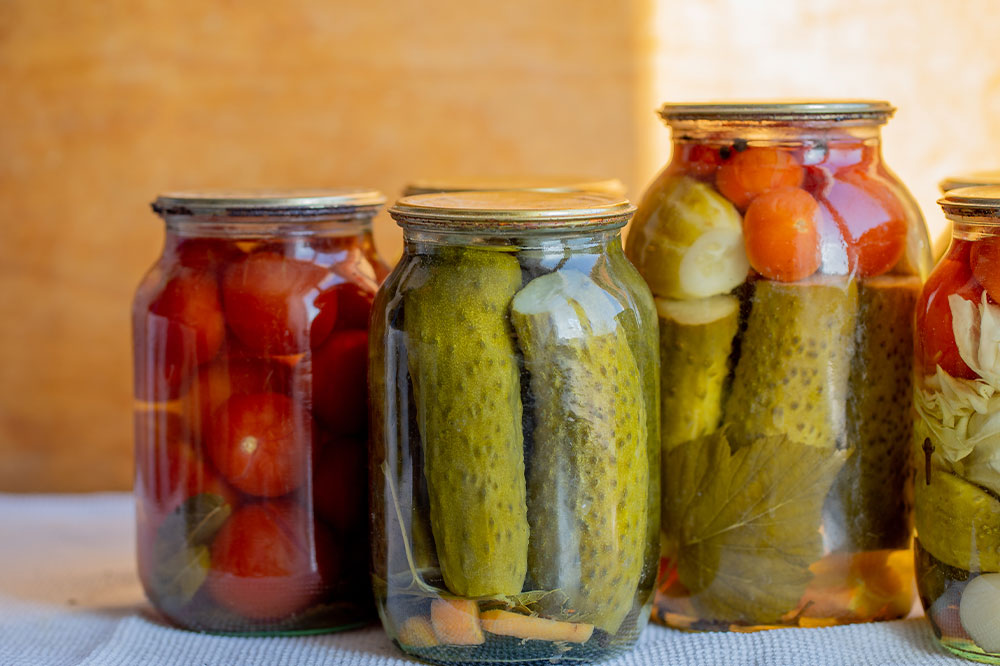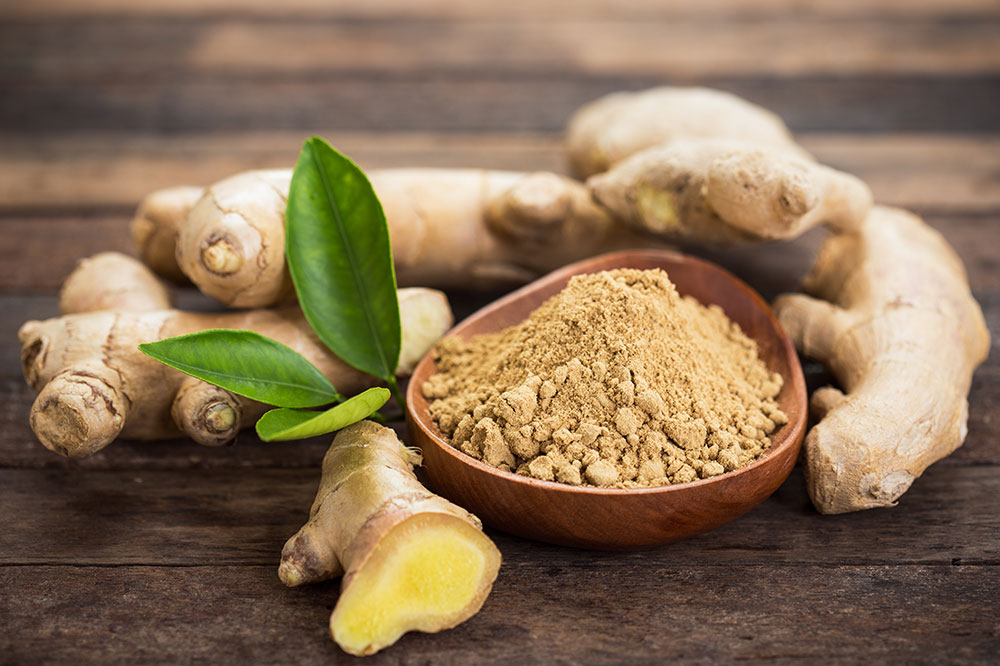Essential Foods to Steer Clear of for Effective Asthma Control
Managing asthma effectively requires not only medication but also careful dietary choices. Avoiding foods like dairy, dried fruits with preservatives, red meats, sweets, alcohol, gas-producing foods, and sulfite-laden seafood can significantly reduce asthma symptoms. Adopting an anti-inflammatory diet and paying attention to individual food sensitivities help in controlling asthma episodes and improving breathing. This comprehensive guide emphasizes the importance of dietary awareness for better asthma management and overall respiratory health.

Essential Foods to Steer Clear of for Effective Asthma Control
Asthma is a prevalent chronic respiratory condition impacting millions globally. It manifests as airway inflammation, causing breathing difficulties, wheezing, and coughing. While medical treatment remains a cornerstone in managing asthma, attention to dietary habits can significantly influence symptom severity and frequency. Identifying and avoiding certain foods known to trigger or worsen asthma symptoms can lead to better overall control and improved quality of life for sufferers.
Understanding the Impact of Diet on Asthma
Food choices are an often-overlooked aspect of respiratory health. Certain foods can exacerbate airway inflammation or increase mucus production, making breathing more difficult for asthma patients. Conversely, adopting an anti-inflammatory diet and avoiding specific common triggers can mitigate the frequency and intensity of asthma attacks.
Dairy Products
Many individuals incorporate dairy into their daily diet through milk, cheese, yogurt, and other products. However, research suggests that dairy can lead to increased mucus secretion in the respiratory tract, which can worsen asthma symptoms. While some patients see improvements by reducing dairy intake, others may need to avoid it entirely to experience better breathing and fewer asthma episodes. It's important to monitor individual responses and consult healthcare providers for personalized dietary advice.
Dried Fruits and Preservatives
Dried fruits like apricots, raisins, and cranberries are popular for their convenience and nutritional value. Nonetheless, many dried fruits contain preservatives such as potassium bisulfite or sulfur dioxide, which are used to maintain freshness and color. These preservatives can irritate the airway lining and trigger asthma attacks in sensitive individuals. Choosing fresh fruits or organic dried fruits without additives is an effective alternative for managing symptoms.
Red Meats, Processed Meats, and Sweets
Consumption of red meats like beef, pork, and processed meats such as sausages and deli slices can promote systemic inflammation due to high saturated fat content. Moreover, sugary desserts and processed sweets contribute to weight gain and inflammation, both of which can exacerbate asthma symptoms. Reducing intake of these foods, focusing on lean proteins, and opting for healthier dessert options can support better respiratory health.
Alcoholic Beverages
Alcohol, especially wine and beer, is a common social drink, but it can pose risks for individuals with asthma. Alcohol contains sulfites and other preservatives that are known triggers for asthma flare-ups. Additionally, alcohol can depress immune function and increase airway sensitivity. For asthma patients, minimizing alcohol consumption or choosing preservative-free options can help prevent unnecessary attacks and improve control over symptoms.
Legumes and Gas-Producing Foods
Legumes such as beans, lentils, and chickpeas are nutritious sources of protein but can produce excess gas during digestion, leading to symptoms like bloating and discomfort. For those with asthma coupled with acid reflux or gastrointestinal sensitivities, gas and stomach bloating can worsen breathing difficulties. Other foods that increase gas include cabbage, garlic, fried dishes, and onions. It's advisable for asthma sufferers to identify and limit the consumption of these foods based on individual tolerance.
Seafood and Frozen Shellfish with Preservatives
Seafood is often regarded as a healthy protein source; however, certain preserved or processed seafood products, particularly frozen shrimp, frequently contain sulfites to extend shelf life. These preservatives are common asthma triggers and can provoke bronchospasms or allergic reactions in sensitive individuals. It’s advisable to select fresh, preservative-free seafood or carefully read labels to avoid sulfite additives to prevent adverse respiratory reactions.





